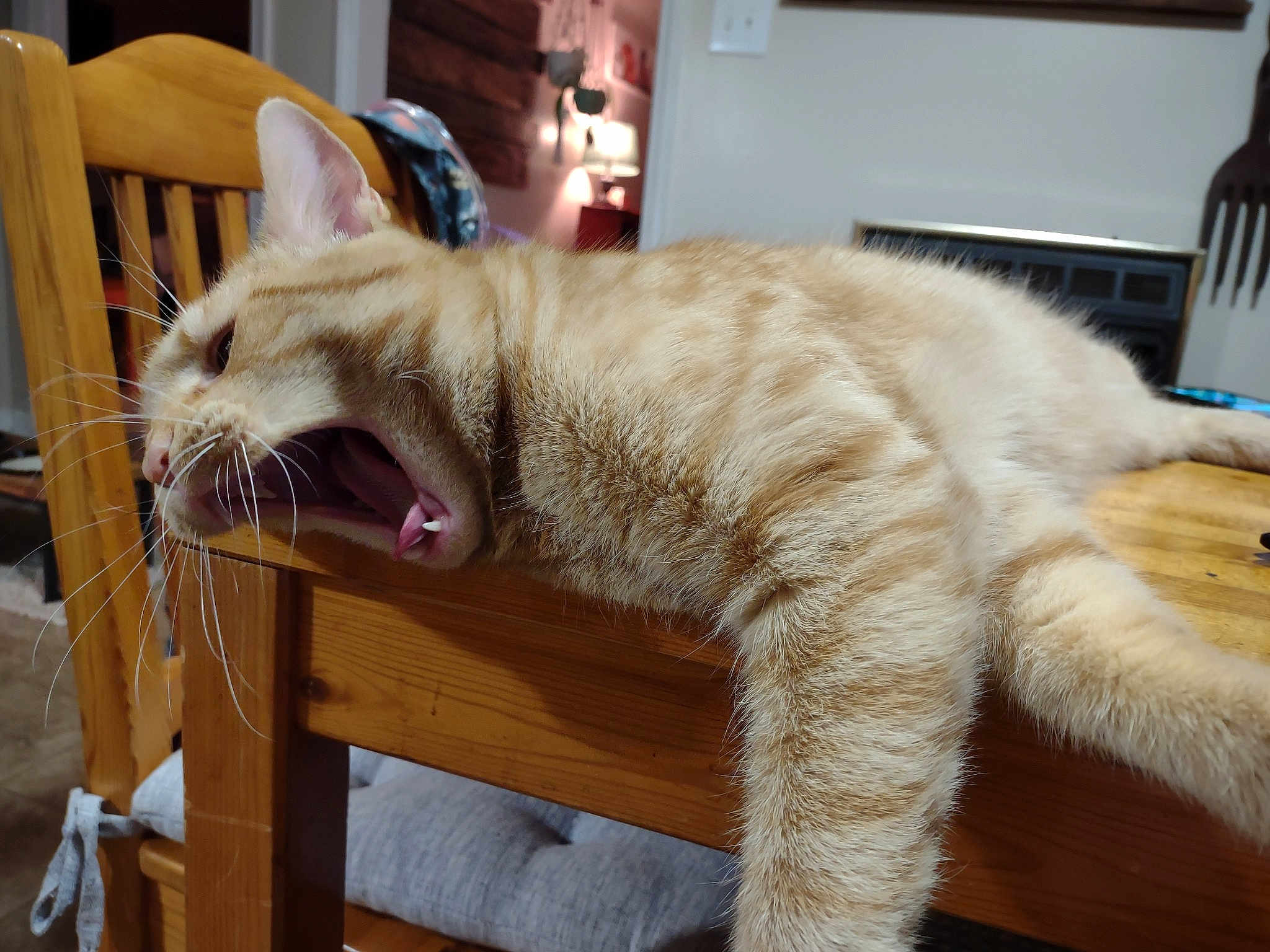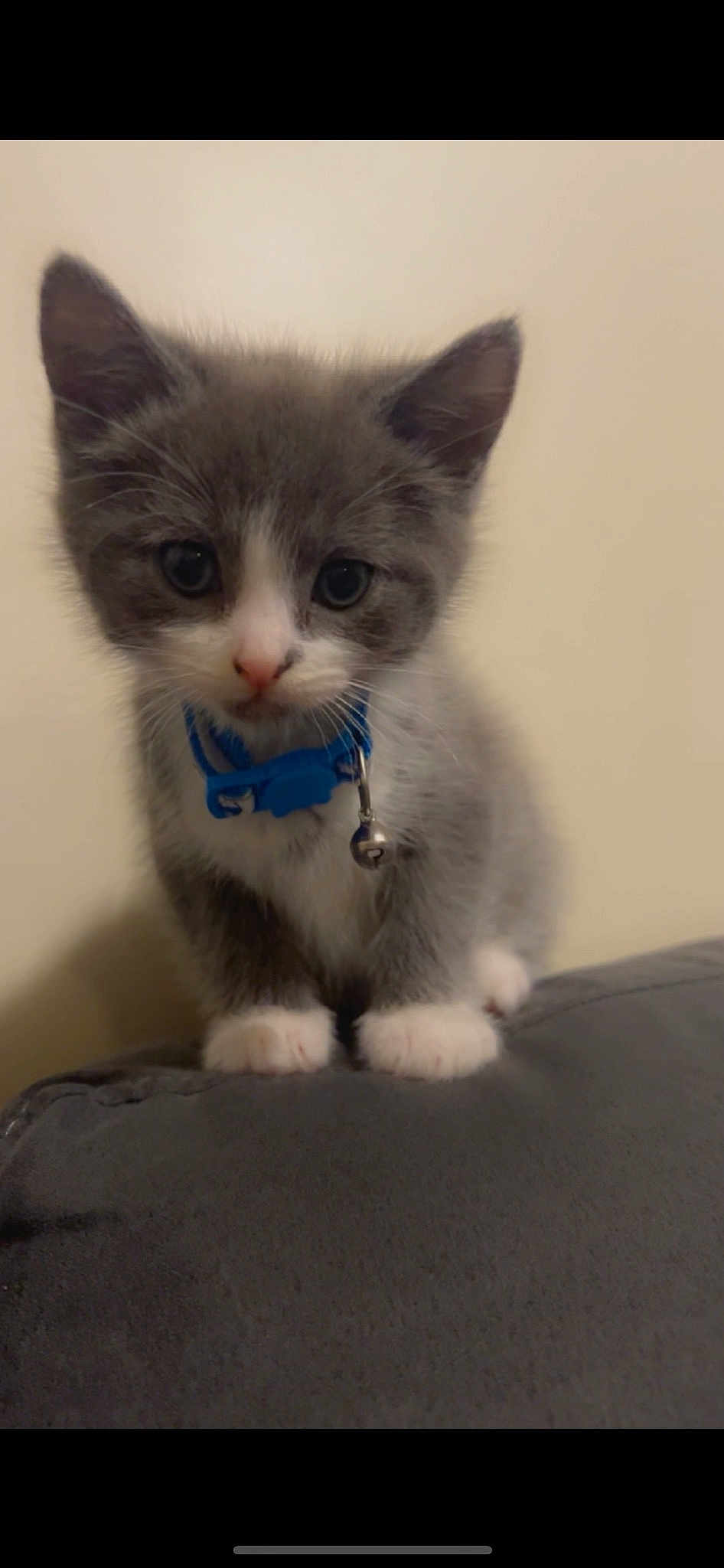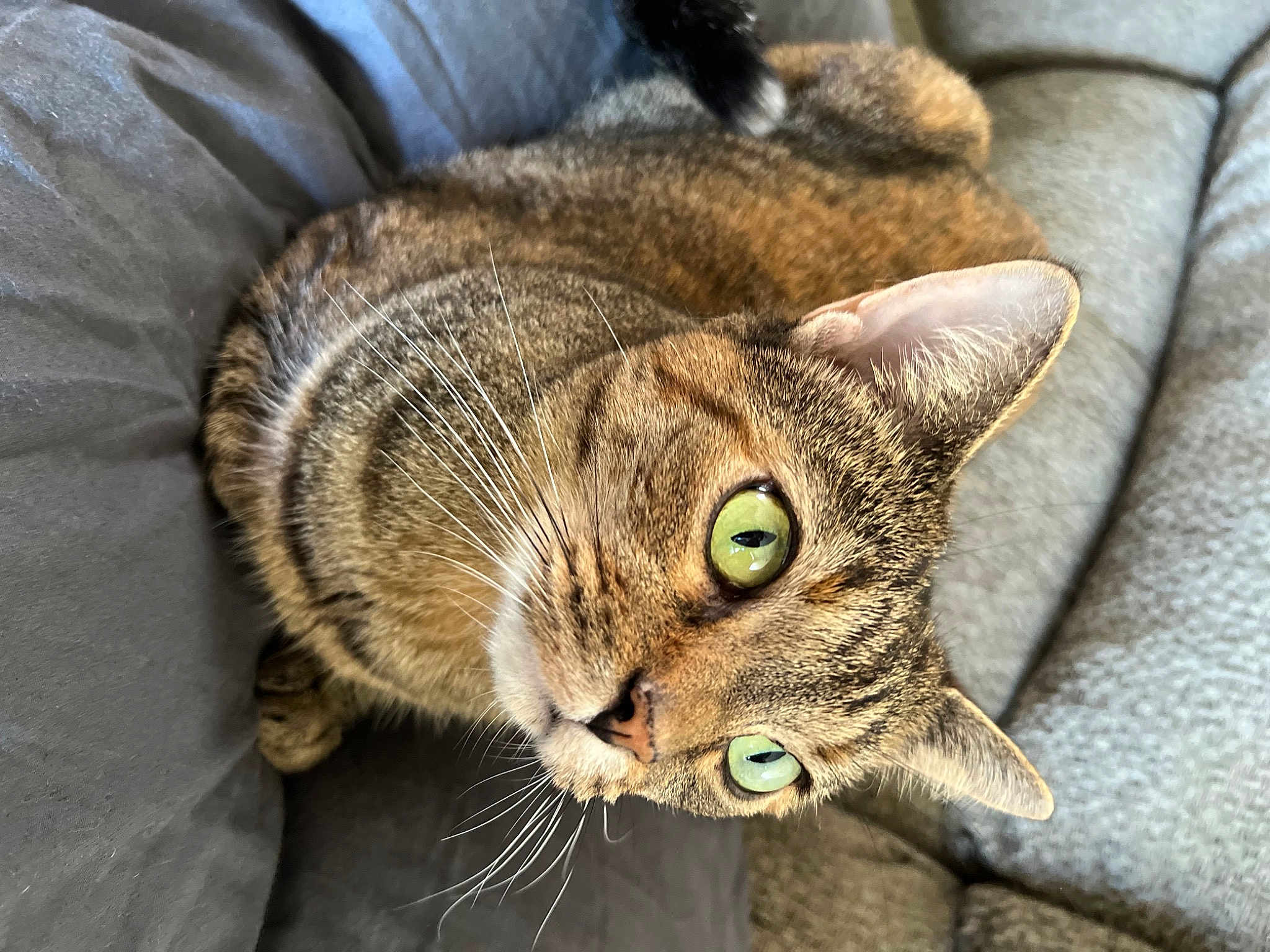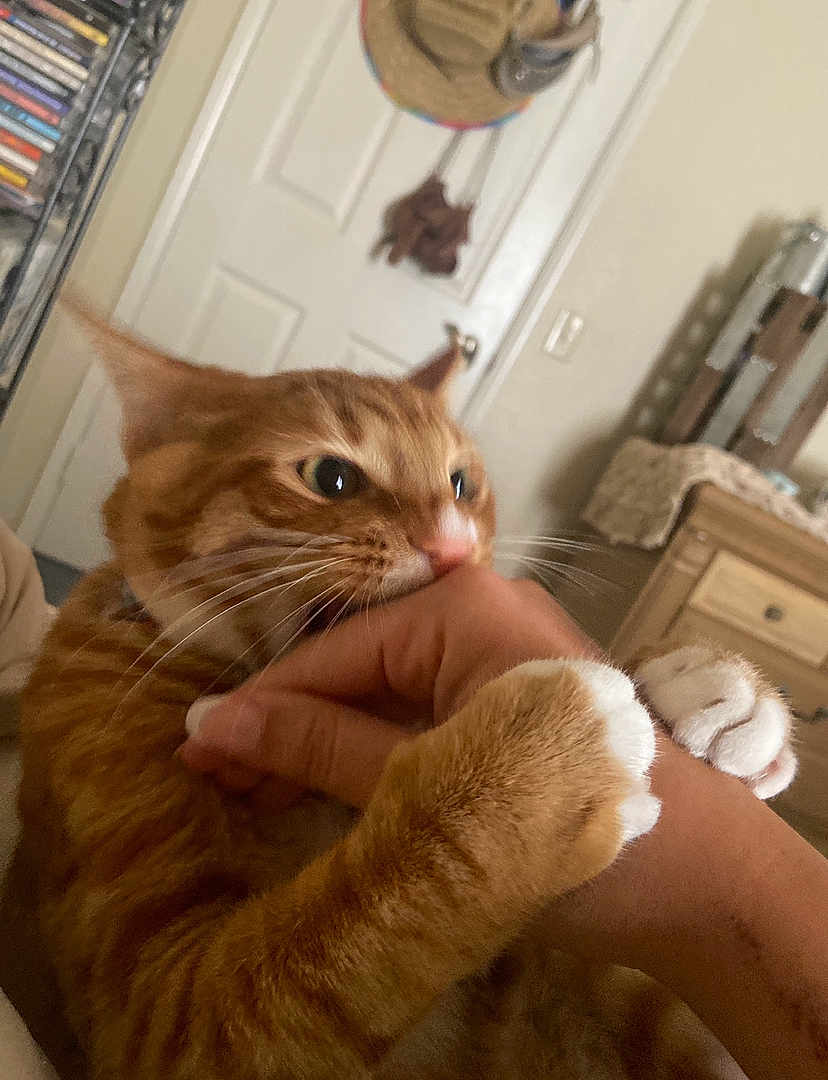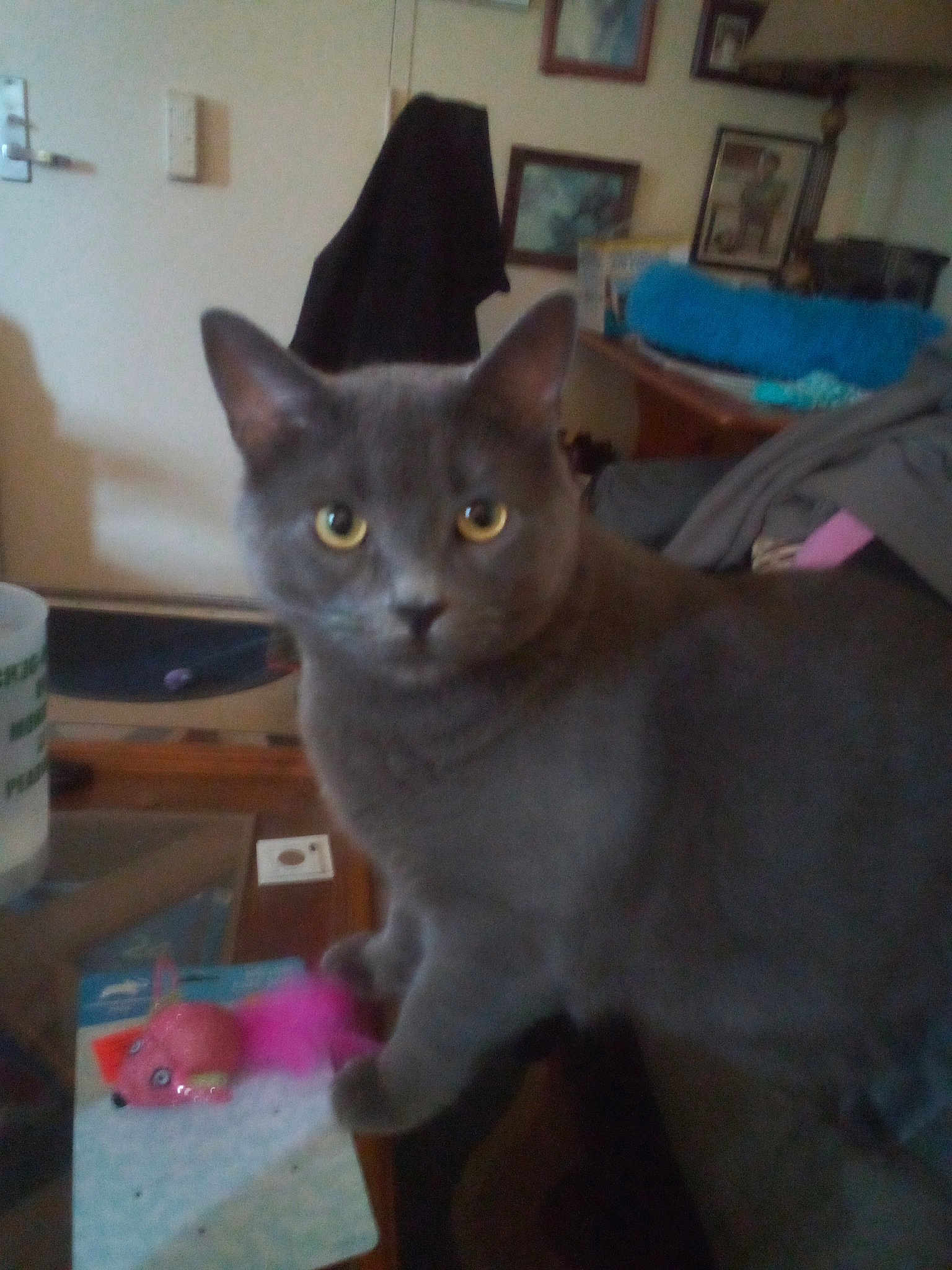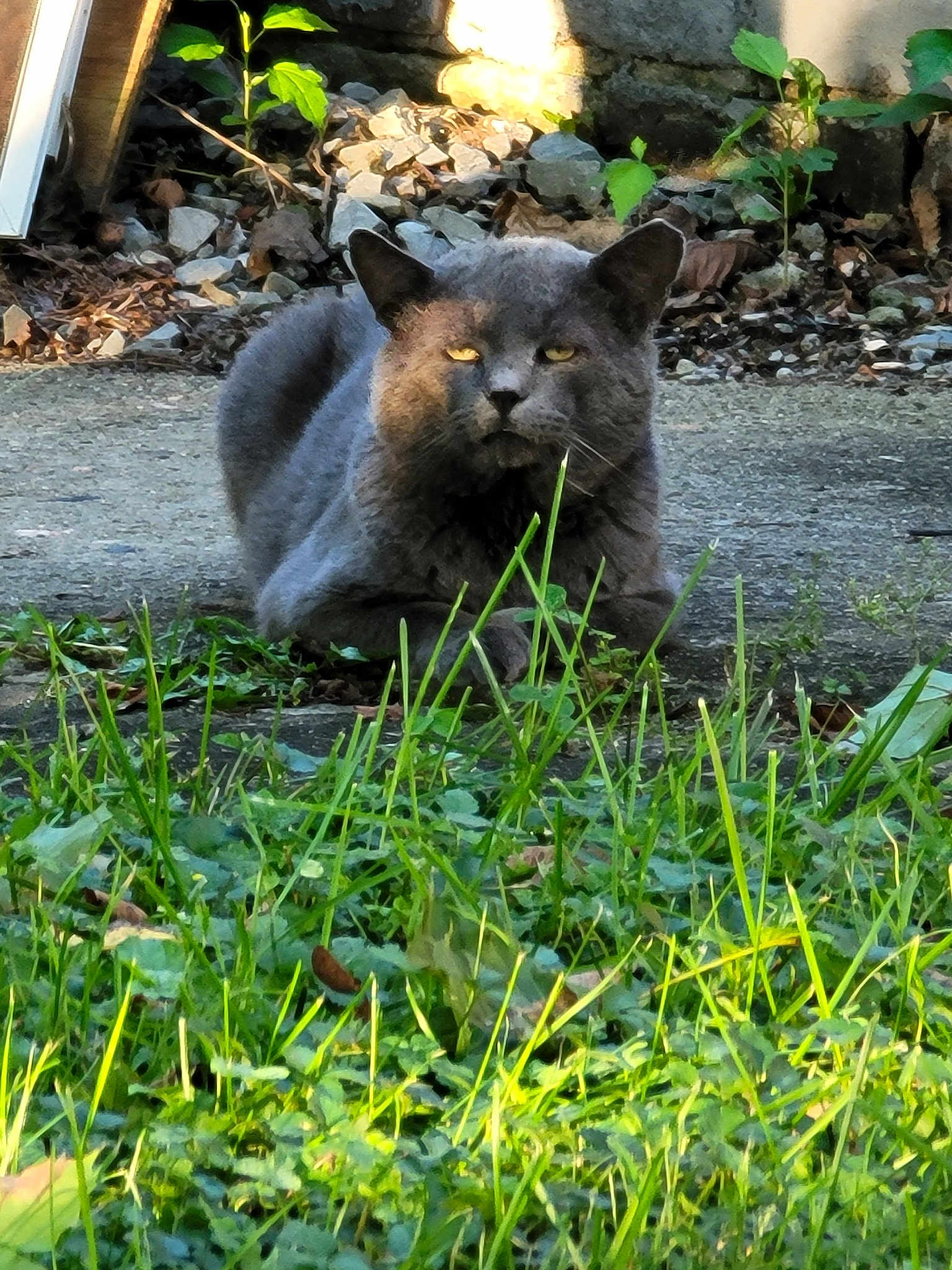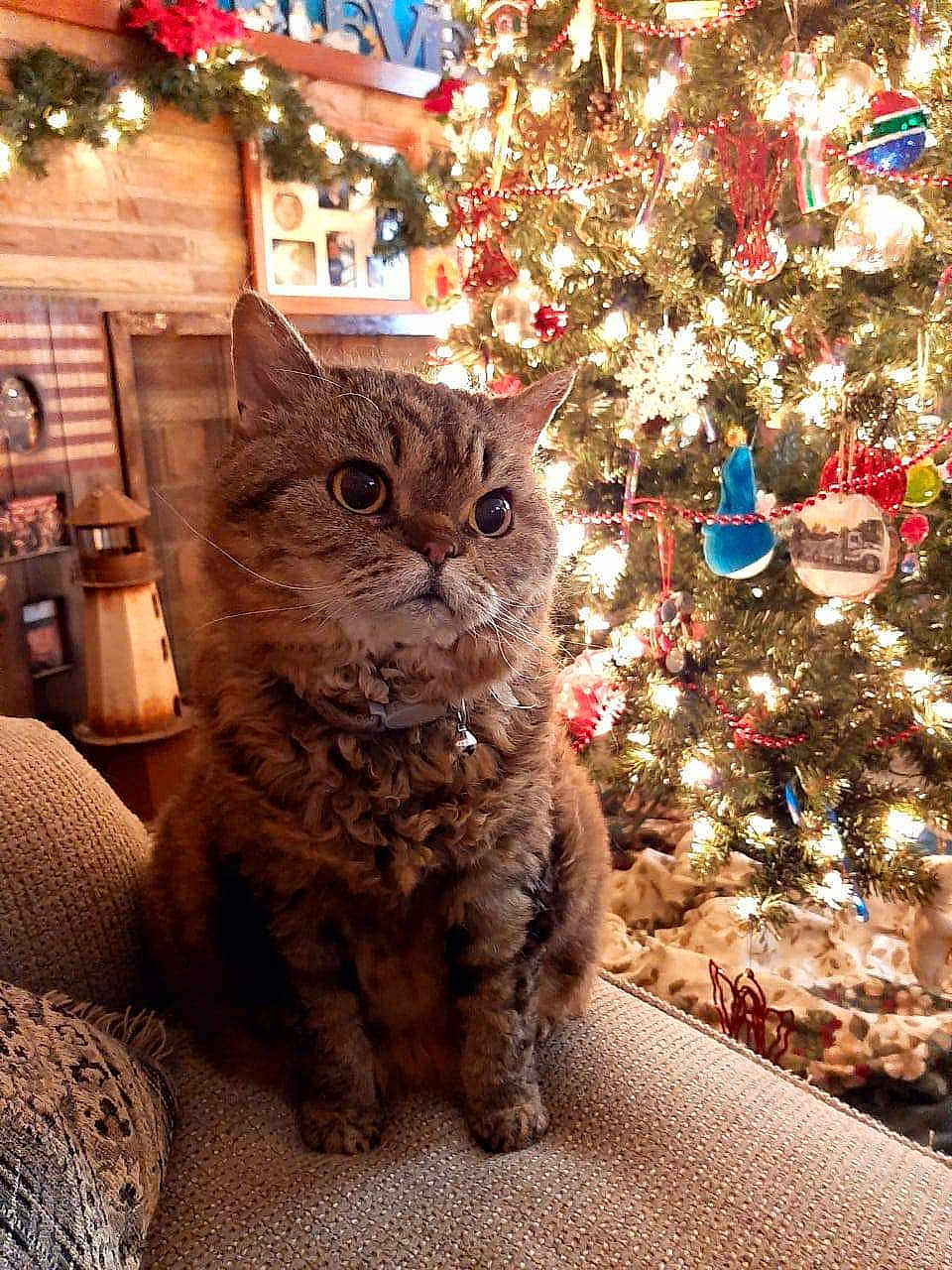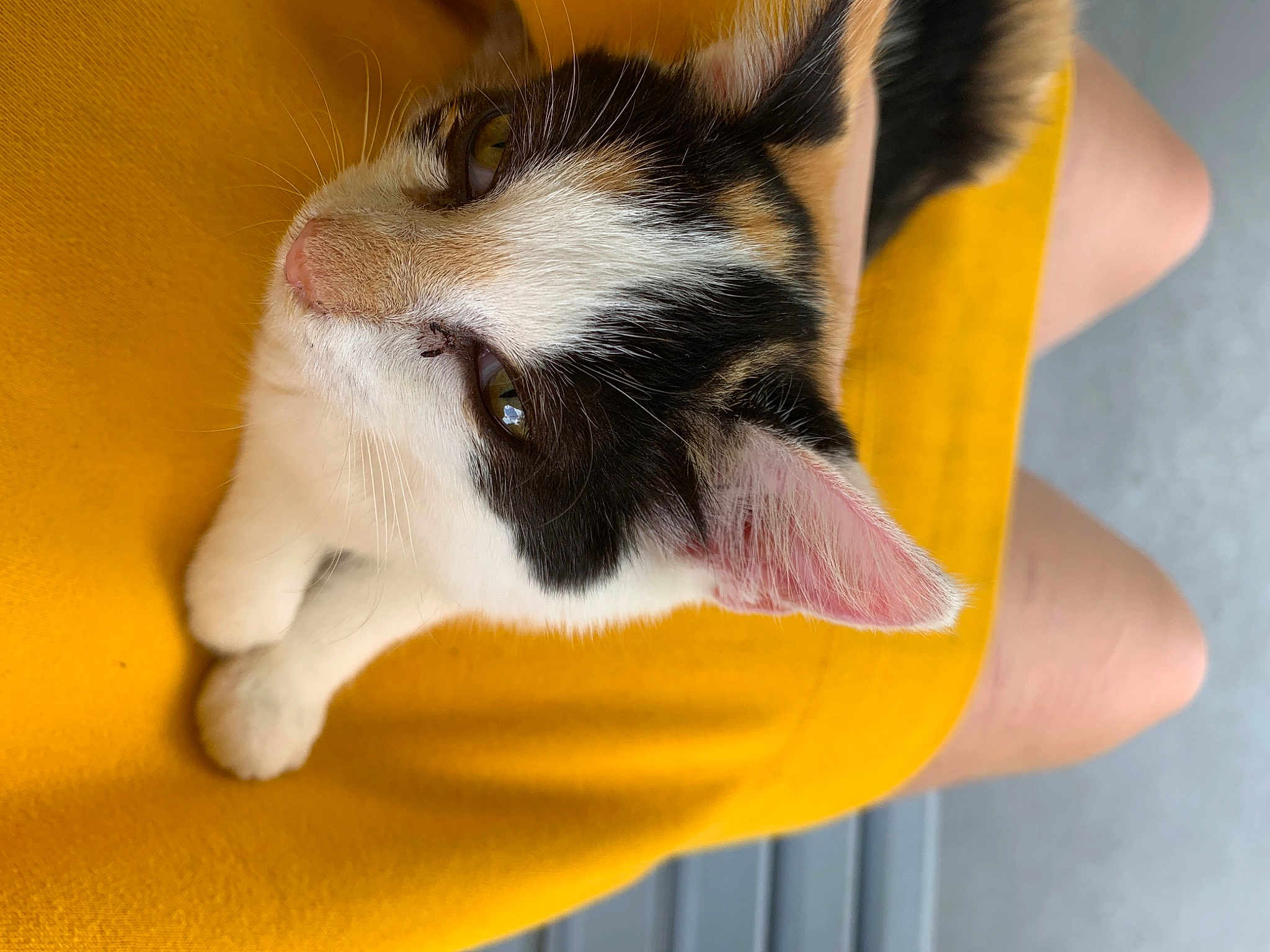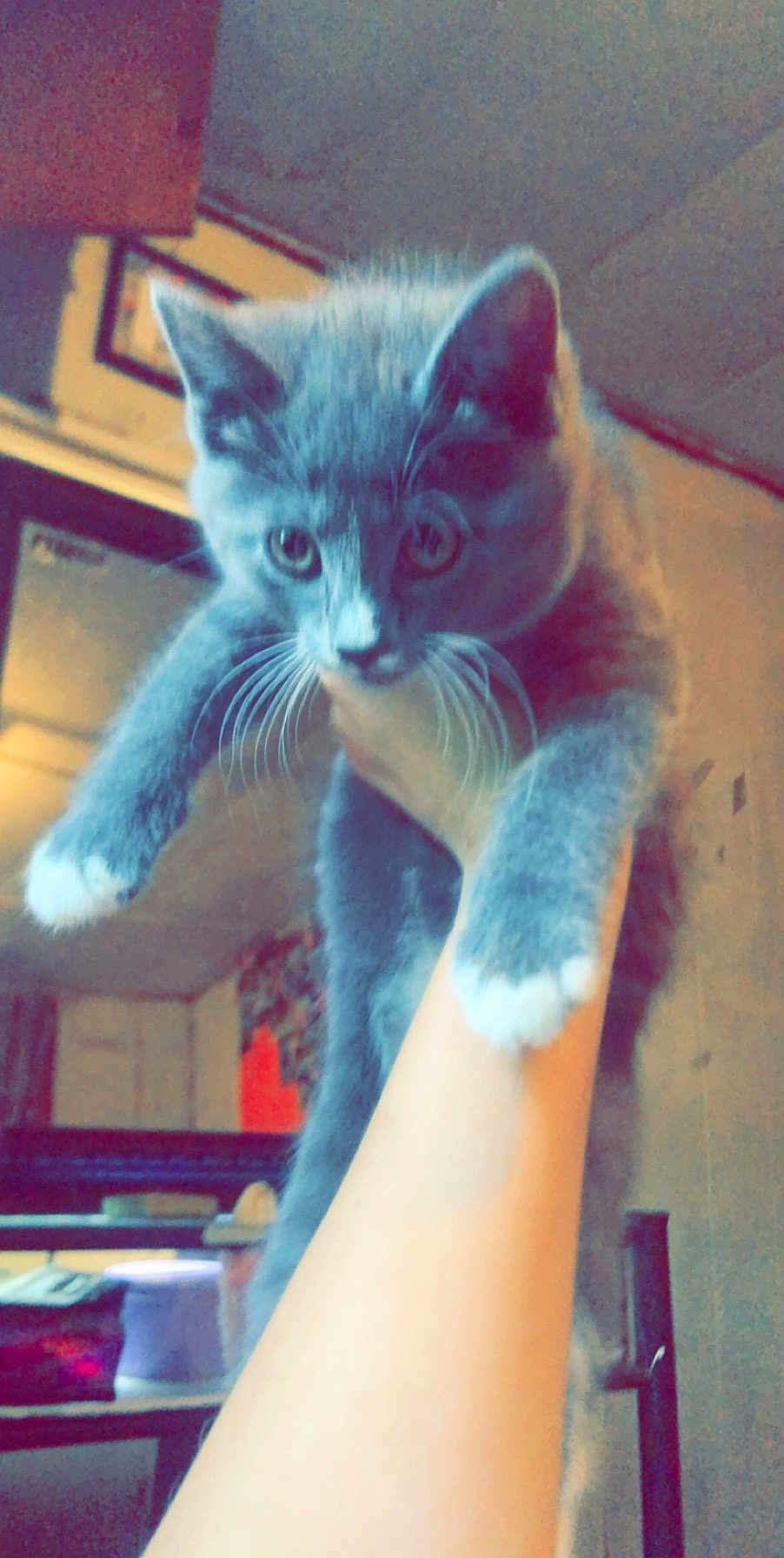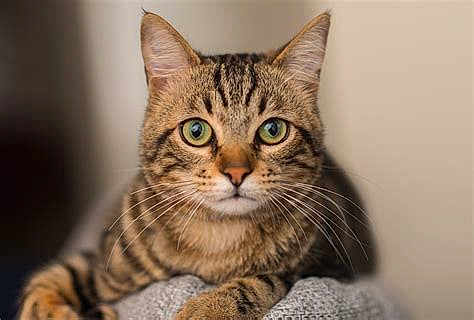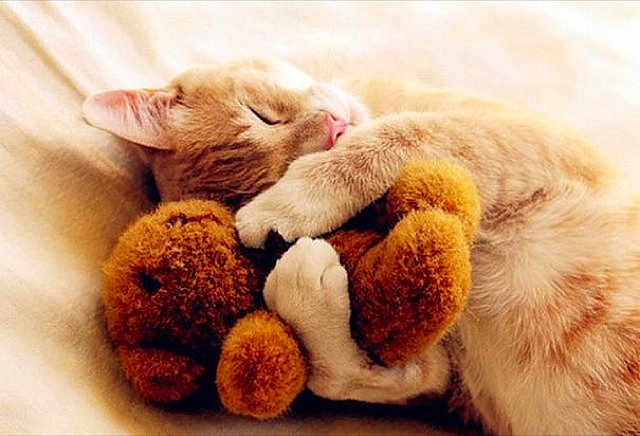
“The German Rex's distinctive curled coat isn't just a physical trait; it’s a defining element that mirrors its unique and captivating personality.”
When we think about the diverse world of cat breeds, the German Rex stands out not only for its soft, curly fur but for its dynamic personality and rich history. Cats, in general, have charmed humans for millennia, and each breed offers something unique, whether it's their behavior, physical traits, or the stories they carry from their origins. The German Rex, with its distinct appearance and engaging character, is a breed that cat lovers around the world might find truly intriguing.
Personality and Behavior of the German Rex
The German Rex is known for its lively and affectionate nature. They thrive on interaction and enjoy forming strong bonds with their human companions. This breed is often described as playful and intelligent, making them excellent pets for families or individuals who are willing to devote time and attention to engaging their feline friend.
One interesting aspect of the German Rex’s behavior is their tendency to be more dog-like compared to other cat breeds. They are known to follow their owners around the house, eager to be involved in all activities. This curiosity and eagerness to interact make them excellent companions who seek to be at the center of family life.
Additionally, German Rex cats are often very sociable with both humans and other animals. They can get along well with other pets, including dogs, which is a notable advantage for pet owners with a diverse menagerie. Their friendly disposition means they are less likely to be standoffish or aloof—a characteristic sometimes associated with other cat breeds.
“The German Rex is often likened to a perpetual kitten; their playful nature never seems to diminish with age, charming their owners day after day.”
Their energetic personality also translates into a need for mental and physical stimulation. Toys, puzzles, and interactive games can keep a German Rex happily occupied, preventing boredom and encouraging a healthy lifestyle. They are also known to be excellent climbers, so providing them with vertical spaces like cat trees or shelves can be a great way to cater to their love for exploration.
Meanings, History and Origins of the name German Rex
The name “Rex” has an interesting origin. It is derived from Latin, meaning “king,” and was used to describe a group of rabbits with a similar curly coat. When the curly-coated gene mutation was discovered in cats, the term “Rex” carried over, signifying the distinctive texture of their fur.
The history of the German Rex dates back to the 1950s in Eastern Germany. A curly-coated cat was found in a hospital garden in West Berlin by Dr. R. Scheuer-Karpin. This cat, named Lämmchen (meaning "little lamb" in German), became the foundation of the German Rex breed after having kittens that exhibited the same unique fur trait.
Over the years, breeders have worked meticulously to preserve the German Rex’s distinctive coat while ensuring their health and temperament. The breed shares some history with other Rex breeds like the Cornish Rex and the Devon Rex, but the German Rex boasts its own unique lineage and characteristics.
As for the cultural significance, the German Rex’s relatively recent emergence means it doesn't have centuries-old myths or folklore attached to it. However, its distinctive appearance and engaging personality quickly won it a special place in the hearts of cat enthusiasts globally, creating its own modern-day legacy.
Popularity of the German Rex
The German Rex, while not as commonly seen as some of the more popular cat breeds, holds a special place in the hearts of cat fanciers. In general, this breed is particularly cherished by those who appreciate its unique physical and behavioral traits.
In English-speaking countries, the German Rex enjoys moderate popularity. Cat fanciers are often drawn to the breed for its unusual coat and charming personality. While not as ubiquitous as breeds like the Siamese or Maine Coon, the German Rex has carved out a niche for itself among enthusiasts who are looking for something a bit out of the ordinary.
Globally, the popularity of the German Rex varies. In its country of origin, Germany, the breed is well-regarded and can be found more readily. In other parts of Europe, as well as in North America, there are dedicated breeders and enthusiasts who help maintain and promote the breed.
The proliferation of cat shows and social media has also helped boost the visibility of the German Rex. Through platforms like Instagram and Facebook, cat owners share photos and stories of their curly-coated companions, spreading awareness and interest in the breed.
Health and Care of the German Rex
German Rex cats are generally healthy but, like all breeds, they are susceptible to certain health conditions. Owners should be aware of potential genetic issues and ensure their cats receive regular veterinary check-ups to catch any problems early.
One particular health concern for the German Rex is their dental health. The breed can be prone to periodontal disease, so regular dental care, including brushing and professional cleanings, is crucial to maintaining their overall health.
In terms of dietary needs, the German Rex does not require a specialized diet but benefits from high-quality cat food formulated to meet their nutritional needs. It's essential to provide a balanced diet rich in protein to support their active lifestyle and muscle maintenance.
The breed's unique coat also requires specific care. Although their curly fur does not mat as easily as some long-haired breeds, it can still benefit from regular grooming. Weekly brushing can help remove loose hairs and keep their coat in top condition. Additionally, because their coat does not produce as much natural oil, occasional baths can help keep their skin healthy.
Training and Education of the German Rex
Training a German Rex can be a rewarding experience due to their sharp intelligence and eagerness to please. Positive reinforcement techniques work best, using rewards like treats, praise, or playtime to encourage desired behaviors.
Common training challenges with German Rex cats often revolve around their boundless energy and curiosity. It can be helpful to establish a regular routine and provide ample stimulation through interactive toys and puzzles to keep them mentally and physically engaged.
Litter box training is typically straightforward, as German Rex cats are naturally clean and will quickly learn where to do their business if provided with a clean, accessible litter box. Consistency and patience are key elements when training any cat, and the German Rex is no exception.
Because of their sociable nature, the German Rex can also be trained to perform various tricks, such as fetching or sitting on command. These training sessions not only reinforce good behavior but also provide essential mental stimulation.
Understanding the cat's body language and working with its natural inclinations can make training sessions more effective. The German Rex, with its affinity for human interaction, is likely to enjoy the bonding time that comes from training activities.
When choosing the right cat breed, it's essential to consider your lifestyle, space, and how much time you can dedicate to your pet. Assess the breed's personality traits, care requirements, and compatibility with other pets or family members.
Selecting the right cat breed is a delightful journey, and a breed as enchanting as the German Rex proves the joy and companionship these feline friends bring. At KingPet, we proudly host many German Rex participants whose unique appeal continues to win hearts. If you're considering a new feline friend, the German Rex offers a blend of charm, curiosity, and affection that might just make them the perfect addition to your family.


